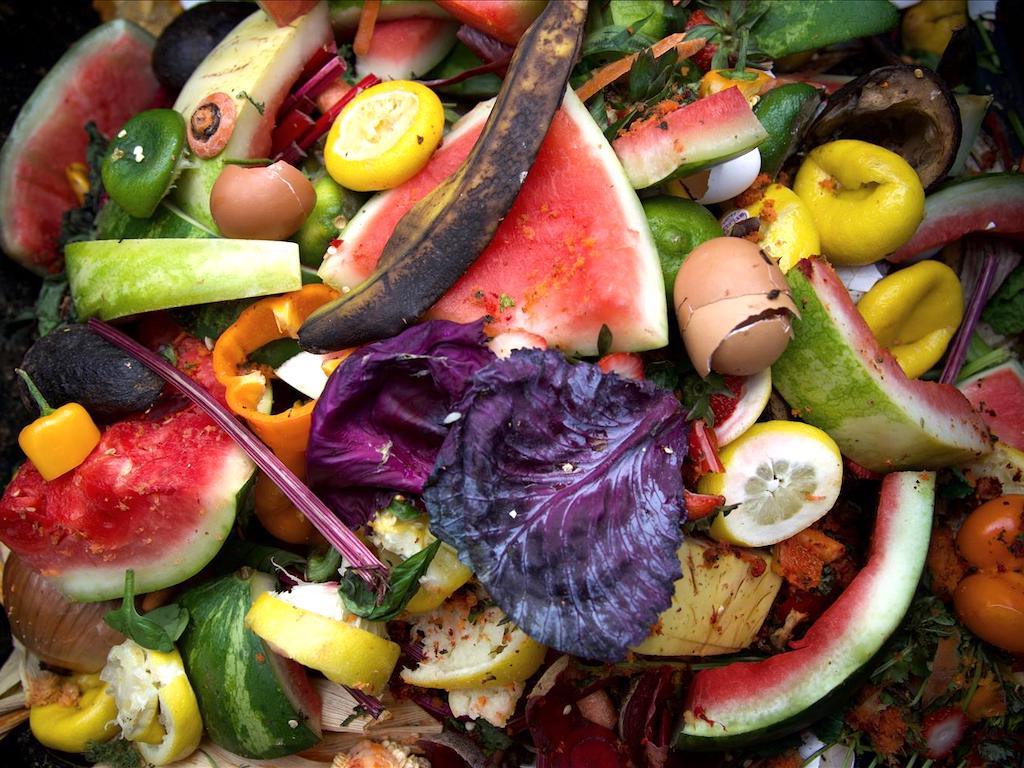3 Mins Read
China is facing a massive food waste crisis. Over 6% of China’s total food production is already lost before reaching consumers, and restaurants in Chinese cities throw away an average of a third of food served. Amid the climate crisis and an already vulnerable global food system exposed by the current Covid-19 pandemic, it is vital to tackle food waste in Asia’s largest country.
Asia currently drives over half of global food waste, and China is one of the leading countries contributing an enormous amount of discarded food each year. According to a recent report conducted by the World Wildlife Fund (WWF) and local NGO partners, Chinese cities produce 25% of the world’s municipal solid waste – most of which is food. When examining restaurants and school canteens, data showed that one third of all the food served is thrown away.
Now that’s the food waste counted after reaching the hands of consumers. The Chinese Academy of Agricultural Sciences found that every year, food loss from the production and logistics stage stands at a whopping 31.75 million metric tonnes – equivalent to 6% of the country’s total food production.
Why does food waste pose a massive challenge to the planet? Besides global hunger, the way that food waste is managed contributes to driving climate change. Much of the China’s food waste ends up in landfills, which contributes significant amounts of methane, a major greenhouse gas that causes global heating. Scientists have found that every kilogram of landfilled municipal solid waste releases its equivalent weight of carbon dioxide equivalent.
And landfills are quickly filling up – leading to an even more carbon-heavy alternative: incineration. Overflowing with urban waste, the number of incineration plants in the country nearly tripled since 2010.
Waste incineration is incredibly harmful for the climate, releasing as much as 2.5 times more carbon dioxide into the atmosphere than coal power plants. Ash from incinerators also contain a number of harmful and dangerous substances, including heavy metals, which end up contaminating waterways and soil and polluting the air. Furthermore, incinerating food requires even more heat than burning other materials due to the moisture content in food.
The current system of sorting food disposal is unsustainable. What needs to happen is a drastic reduction in food waste at source – especially at a time when the vulnerability of the global food system has been exposed by the pandemic. From travel restrictions to export bans, food security has become a major concern for many countries.
All the while, China has for months been facing threats of supply shortages due to other livestock related diseases, such as the outbreak of African swine fever (ASF) last year that inundated pork supplies, as well as avian flu and most recently, a surge in Div1 infections in aquaculture farms that threaten to wipe out the country’s shrimp.
With cities contributing to the most food waste in the country, they need to be at the front lines to address the problem. Projects across other cities in Asia can serve as examples on how to reduce food waste, such as Hong Kong’s grassroots initiative Breadline, an app that tracks surplus food and redirects it to charities in need. Another Hong Kong organisation, Dyelicious, takes food scraps and recycles it into dye for creative projects.
Meanwhile, Singapore’s Lumitics, a tech-forward startup, has created a food waste tracker that can attach to bins in commercial kitchens. The product aims to help F&B and hospitality businesses analyse the type of food that is being thrown away the most in order to launch a targeted campaign to reduce the amount of discarded food.
But let’s be clear – food waste is not a problem in China or Asia alone. With over 10% of annual global carbon emissions coming driven by food waste, the entire world needs to step up its efforts to fight the issue.

This story is published as part of Covering Climate Now, a global journalism collaboration strengthening coverage of the climate story.
Lead image courtesy of Shutterstock.




